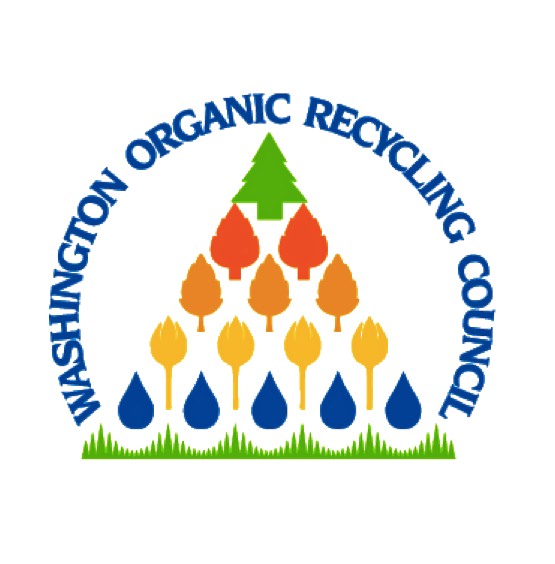Carbon Farming: California Focus on Soil to Meet Climate Water Goals
/A pioneering program in California aims to sequester carbon, improve water resources and boost plant growth, by treating the soil beneath farmers’ and ranchers’ feet as part of a living system.
Jose Ortega, left and Fidel Meza work the soil in Lemoore, Calif. The state’s new Healthy Soils Initiative gives money to farmers and ranchers to experiment with building healthy soil for “carbon farming.”AP/Gary Kazanjian
Soil’s ability to capture carbon and store water has led to an upsurge of interest in this often overlooked natural resource.
In California, a new program called the Healthy Soils Initiative is about to put unorthodox farming practices to the test. With modest grants of up to $50,000 administered by the California Department of Food and Agriculture (CDFA), a network of farmers and ranchers throughout the state will embark on a series of experiments in carbon farming.
The term refers to improving soil health by biological processes that limit the amount of synthetic chemicals applied to crops and adopting techniques aimed to reduce nutrient loss.
Kevin Muno is among the converts. He and his business partners at the Santa Ysabel Ranch run a cattle operation called the Land of Milk and Honey. Located about 40 miles northeast of downtown San Diego, it is the southernmost of the ranches testing the efficacy of carbon farming methods in California.
According to Muno, his goal is to restore the ecology of the landscape through a series of practices that he calls regenerative agriculture. The aim is to improve soil quality and to promote vigorous plant growth. By demonstrating the ecological services that carbon farming can provide, he and his partners believe they can prosper and conserve resources. “Humanity can benefit,” says Muno. “People in the city like clean air and water in their reservoirs. If we manage the landscape correctly, we can have those things.”
Click here to read more.





















